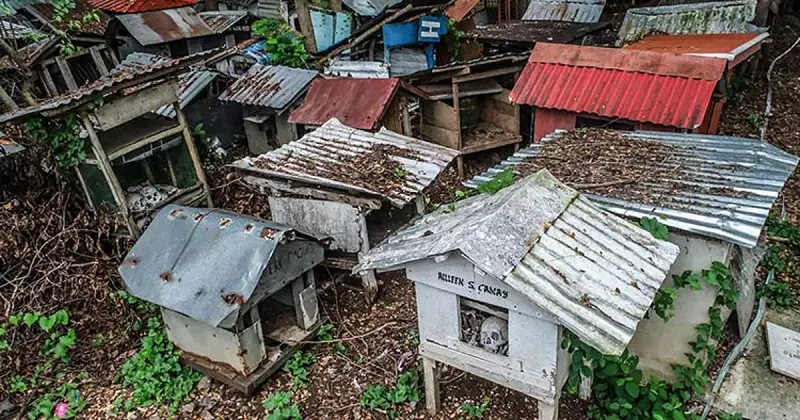
In the crowded public cemeteries of Cebu, death doesn't come with the peace and dignity that every human deserves. For families struggling with poverty, the economic burden of laying their loved ones to rest becomes another heartbreaking chapter in their story of hardship.
The Heartbreaking Reality of Public Cemeteries
Walk through any public cemetery in Cebu, and you'll witness a stark contrast to the serene, well-maintained private memorial parks. Here, overcrowding is the norm, with tombs stacked upon tombs in a concrete jungle of final resting places. The air hangs heavy not just with grief, but with the palpable weight of economic struggle.
When Choosing a Final Resting Place Becomes a Financial Nightmare
For low-income families, the death of a loved one triggers an immediate financial crisis. The average cost of a simple funeral can range from ₱30,000 to ₱50,000—an amount that represents several months' income for many Cebuano households. This financial burden forces families to make impossible choices:
- Borrowing money at high interest rates from loan sharks
- Sacrificing their children's education funds
- Selling precious family assets
- Skipping meals to save for burial expenses
The Domino Effect of Funeral Debt
The consequences of funeral expenses extend far beyond the burial day. Many families find themselves trapped in cycles of debt that can last for years. The emotional trauma of losing a family member becomes compounded by the constant stress of financial obligation.
"We're still paying for my father's funeral three years later," shares Maria, a vendor from Mandaue City. "Every month, when I make the payment, the grief comes rushing back. It feels like we can never truly move on."
Community Support: A Lifeline for Grieving Families
In the face of these challenges, community networks often become the only safety net. Neighborhood associations, church groups, and extended family members frequently pool resources to help cover funeral costs. This bayanihan spirit, while beautiful, highlights the systemic failures that force communities to shoulder what should be basic human dignity.
Beyond the Immediate Crisis: Long-term Solutions Needed
While immediate relief comes through community support and occasional government assistance, long-term solutions require addressing the root causes. Poverty alleviation programs, affordable healthcare, and social protection systems could prevent families from facing financial ruin when dealing with the natural process of death.
The situation in Cebu's cemeteries serves as a powerful metaphor for how poverty permeates every aspect of life—and death. Until economic conditions improve for the most vulnerable, the price of peace will remain too high for many Cebuanos to afford.
This reality challenges us to reconsider what dignity means in death and how society can ensure that economic status doesn't determine the quality of one's final journey.





